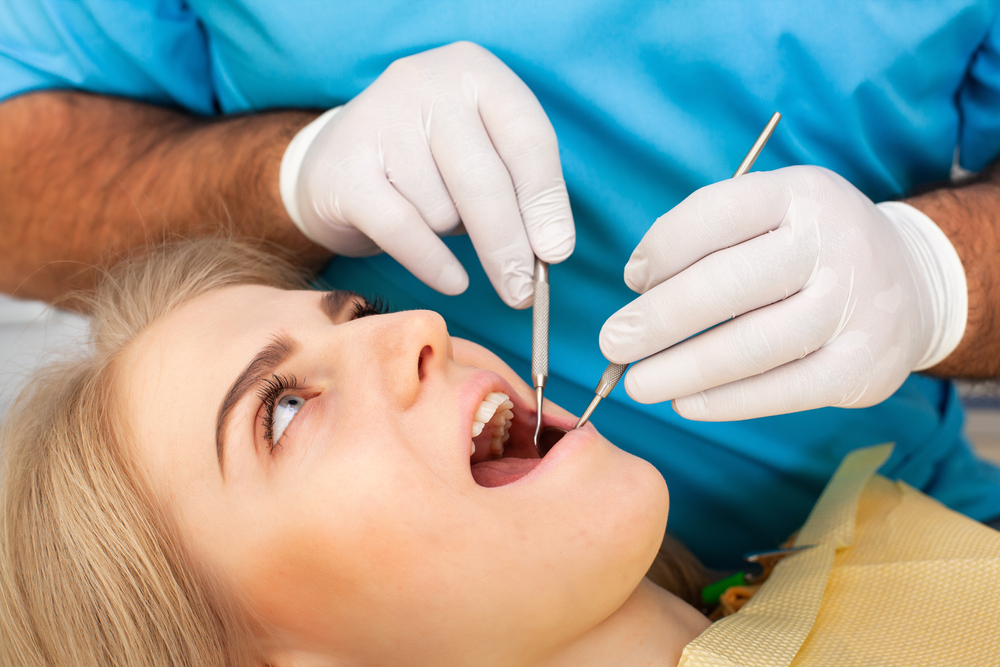Wisdom teeth, also known as third molars, are the last set of molars that typically emerge in the late teenage years or early twenties. For some people, wisdom teeth grow in without any issues, while others experience pain, infections, and other dental problems. In such cases, the dentist may recommend removing the wisdom teeth. But can dentists remove wisdom teeth? Let’s take a closer look.
Understanding Wisdom Teeth
Wisdom teeth are the last set of molars to emerge in the mouth, usually between the ages of 17 and 25. Some people may have only one or two wisdom teeth, while others may have none at all. Wisdom teeth can be impacted, meaning they are stuck below the gum line and unable to emerge fully. Impacted wisdom teeth can cause a range of dental problems, such as gum disease, decay, and infections. In such cases, removal may be the best course of action.
Who Can Remove Wisdom Teeth?
In most cases, dentists can remove wisdom teeth. However, in some cases, they may refer patients to an oral surgeon, particularly if the wisdom teeth are severely impacted or if the patient has underlying medical conditions that require specialized care. Oral surgeons are dentists who specialize in surgical procedures involving the mouth, teeth, and jaw. They undergo additional training beyond dental school to perform complex procedures such as wisdom teeth extraction.
The Wisdom Teeth Extraction Procedure
Wisdom teeth extraction is typically an outpatient procedure, meaning patients can go home the same day. Before the procedure, the dentist or oral surgeon will administer local anesthesia to numb the area around the wisdom teeth. In some cases, patients may opt for sedation to help them relax and minimize discomfort during the procedure.
During the procedure, the dentist or oral surgeon will make a small incision in the gum tissue to expose the tooth and the surrounding bone. They will then remove the tooth, either in one piece or in several pieces if it’s impacted. After the tooth is removed, the dentist or oral surgeon will clean the site and place sutures to promote healing.
Recovery and Aftercare
After the procedure, patients may experience some pain, swelling, and bleeding. The dentist or oral surgeon will provide detailed instructions on how to care for the extraction site and manage any discomfort. Patients may need to eat soft foods for a few days and avoid smoking and using straws, which can dislodge the blood clot and delay healing. The dentist or oral surgeon may also prescribe pain medication or antibiotics to prevent infections.
In conclusion, dentists can remove wisdom teeth, but in some cases, they may refer patients to oral surgeons for specialized care. Wisdom teeth extraction is a common procedure that can alleviate pain, prevent dental problems, and improve oral health. If you’re experiencing pain or other issues with your wisdom teeth, consult with your dentist to determine the best course of action. With proper care and aftercare, you can minimize discomfort and promote healing after the procedure.







